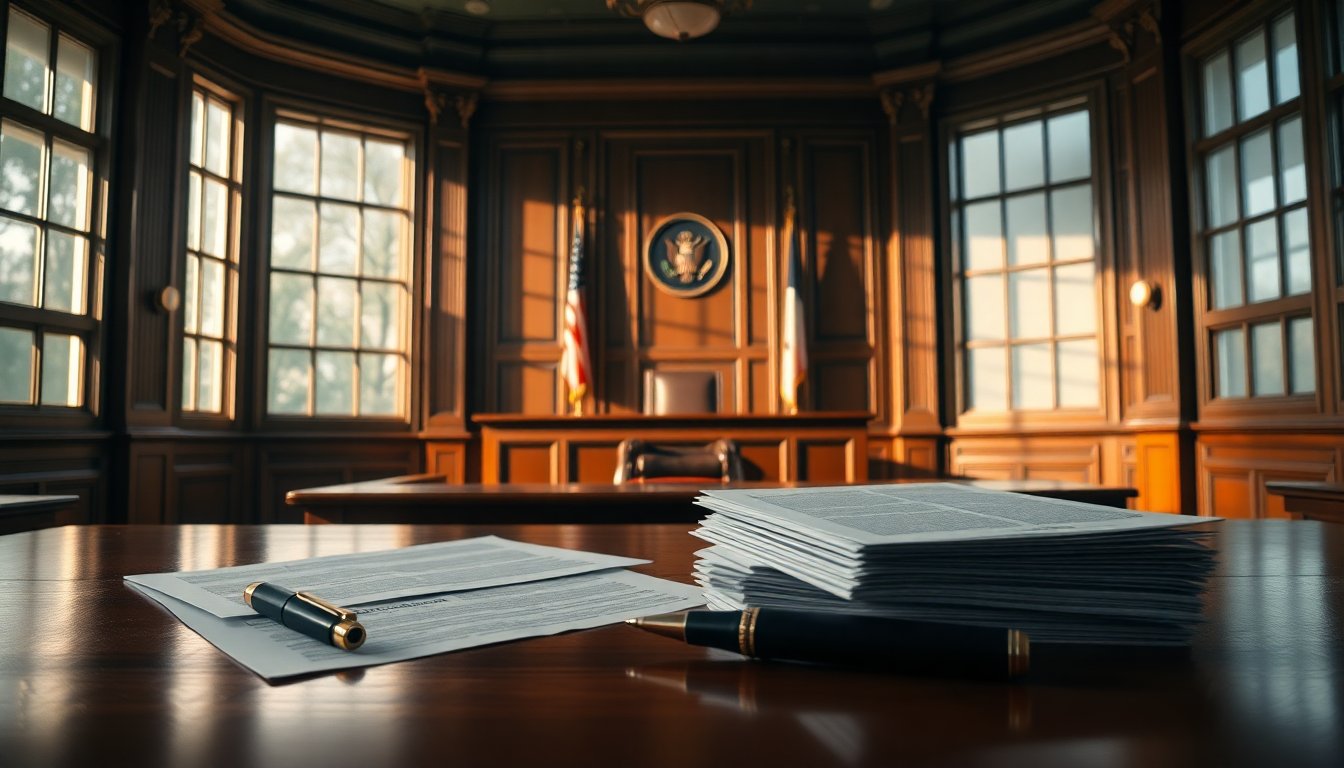Table of Contents
Former actor Danny Masterson, known for his role in That ’70s Show, is serving a 30-year prison sentence for rape after his conviction in. He recently filed a petition for habeas corpus, a legal action used to challenge unlawful detention, claiming that his trial attorney failed to provide an adequate defense. Masterson is contesting his conviction, asserting that his legal representation did not effectively challenge the prosecution’s case.
The petition, submitted on Monday, criticizes attorney Philip Cohen, alleging that he neglected to call witnesses who could have supported Masterson’s defense. Furthermore, it claims that Masterson repeatedly urged Cohen to present some form of defense evidence, but his requests were reportedly ignored.
Trial details and implications of Scientology
Masterson faced accusations of raping two women at his Hollywood Hills home in 2003. He was convicted on two counts, while the jury could not reach a consensus on a third charge. In a previous trial held in, the jury did not reach a decision on any of the counts but appeared inclined toward acquittal.
Central to both trials was the influence of Scientology, the religion to which Masterson belongs. Prosecutors argued that the women involved were coerced into silence due to their ties with the church, facing threats of excommunication if they reported the incidents to law enforcement. During the retrial, one key witness, Claire Headley, a former Scientology member, testified about the church’s strict policies regarding communication with authorities.
Failure to utilize available defense evidence
According to the habeas corpus petition, the church’s legal team encouraged Cohen to call Hugh Whitt, a longtime Scientologist, to contest Headley’s claims. Despite being listed as a potential witness for the defense, Cohen chose not to summon him. Instead of promoting Masterson’s faith, Cohen adopted a strategy aimed at diminishing the focus on Scientology during the trial.
In his closing arguments, Cohen questioned the prosecution’s emphasis on Scientology, asking, “Why have we heard so much about Scientology? Could it be there’s problems otherwise with the government’s case?” This approach did not resonate favorably, as the prosecution presented a more compelling case in the retrial, strengthened by favorable evidentiary rulings.
The need for a revised defense strategy
The petition alleges that Cohen’s strategy was flawed, relying heavily on cross-examinations of the prosecution’s witnesses to create reasonable doubt about the allegations. While this method nearly succeeded in the first trial, the second trial featured a more aggressive prosecution that capitalized on the jury’s previous indecision.
Masterson’s defense team contends that Cohen failed to modify his approach to suit the evolving circumstances of the retrial. They claim he neglected to interview several potential witnesses who could have discredited the testimonies of the accusers.
Consequences of an incomplete defense
The petition emphasizes that jurors were presented with a limited view of the evidence available for the defense. It states, “In sum, the jury saw only the tip of the iceberg of available defense evidence in the form of the complaining witnesses’ inconsistent statements while the wealth of directly exculpatory evidence went unused for no viable tactical reason.”
In a parallel appeal filed last December, Masterson’s legal team challenged several rulings made by the presiding judge. The habeas corpus petition, however, allows them to present evidence that was not included during the original trial, providing a fresh opportunity to influence the case’s outcome.
The petition, submitted on Monday, criticizes attorney Philip Cohen, alleging that he neglected to call witnesses who could have supported Masterson’s defense. Furthermore, it claims that Masterson repeatedly urged Cohen to present some form of defense evidence, but his requests were reportedly ignored.0


